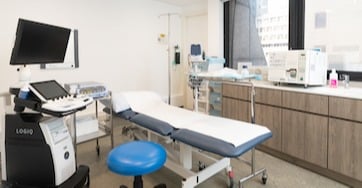What is Lipid Profile?
A lipid profile, also known as a lipid panel, is a simple blood test that measures the levels of specific fats and cholesterol in your bloodstream. This test is crucial for assessing your risk of cardiovascular diseases, such as heart attack and stroke. The lipid profile typically includes measurements of total cholesterol, low-density lipoprotein (LDL) cholesterol, high-density lipoprotein (HDL) cholesterol, and triglycerides.
Total cholesterol is the sum of all the cholesterol in your blood. LDL cholesterol, often referred to as "bad" cholesterol, can build up in the walls of your arteries, leading to atherosclerosis, which can restrict blood flow and cause blockage. HDL cholesterol, or "good" cholesterol, helps remove the other forms of cholesterol from your bloodstream. Triglycerides are another type of fat that, in high levels, can also increase the risk of heart disease.
Your healthcare provider will interpret these values to determine your overall cardiovascular risk and may recommend lifestyle changes or medications to manage your lipid levels. Regular monitoring through lipid profiles can be an essential part of maintaining heart health, especially if you have risk factors like a family history of lipid or heart disease, high blood pressure, obesity or diabetes.
For accurate results, fasting for 9-12 hours before the test is often recommended, although some modern tests may not require fasting. Discuss with your healthcare provider the best approach for you.
References
- "Lipid Panel." Mayo Clinic, www.mayoclinic.org/tests-procedures/cholesterol-test/about/pac-20384601.
- "Understanding Cholesterol Levels and Numbers." American Heart Association, www.heart.org/en/health-topics/cholesterol/understanding-cholesterol-levels-and-numbers.

 Central General Practice
Central General Practice
 Repulse Bay
Repulse Bay
 Clearwater Bay
Clearwater Bay
 BodyWorX Clinic
BodyWorX Clinic
 Central Specialist Clinic
Central Specialist Clinic
 MindWorX Clinic
MindWorX Clinic
 Partner Clinics
Partner Clinics
 Family Clinic
Family Clinic
 OT&P Annerley Midwives Clinic
OT&P Annerley Midwives Clinic

